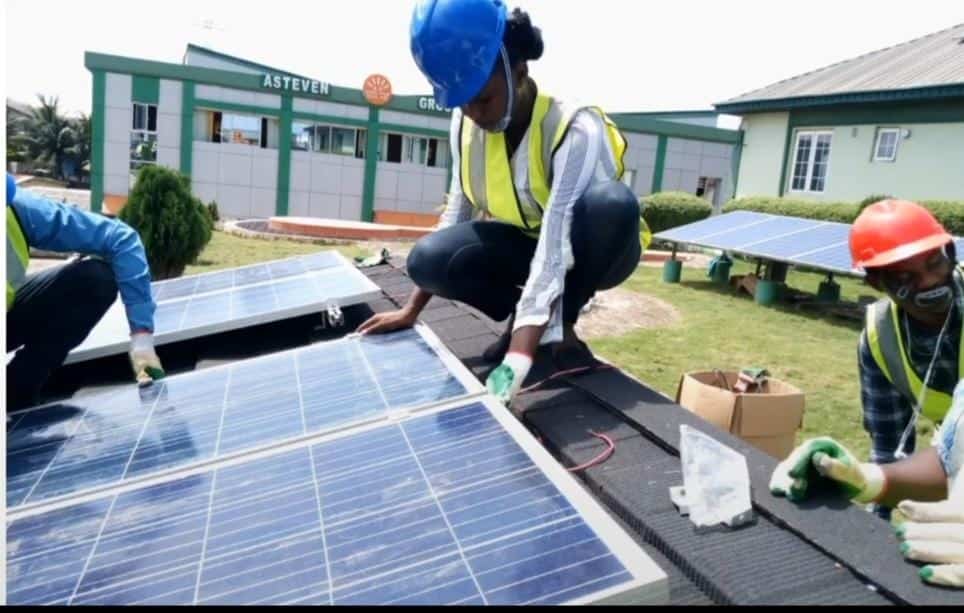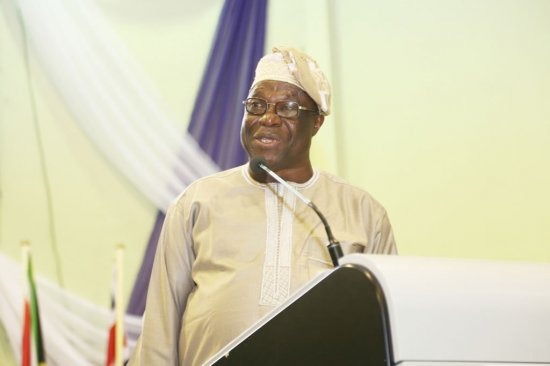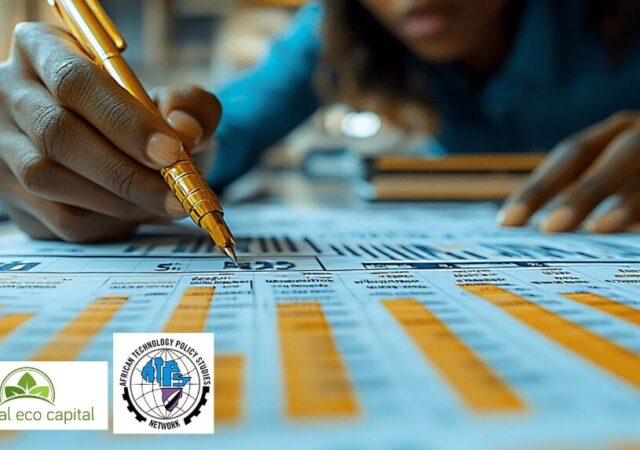….to establish regional training centers
….to become an accredited center for clean cooking stoves certification
Energy Stakeholders in Sub-saharan Africa have reiterated their insistence on the need to develop and reinforce regional focused indigenous manpower in the renewable energy sector.
This assertion was made at the presentation by Asteven Energy Institute (AEI) of the National Innovation Diploma (NID) degree Program Readiness Sub-Saharan Africa Stakeholders Meeting held today.
It would be recalled that a few weeks back, the NID was presented to Nigerian Energy Stakeholders at a Readiness Meeting to highlight the importance of the degree certification which is a skills based vocational training program. During that meeting, a call for sponsorship was made with several organizations and individuals signifying their interest in providing scholarships to indigent applicants interested in the program.
The success of that presentation motivated the presentation today, which was attended by a veritable who’s who in the African Energy Sector with representatives from different countries and organizations.
In his opening remarks, the chairman of the governing council of Asteven Energy Institute, Dr. Sunny Akpoyibo pointed out that the drive to start the institute was borne out of a vision to see youths are empowered and that Nigeria and Africa at large is able to provide local expert and technical manpower resource for the solar energy industry.
Prof Magnus Onuoha, the rector of the institute added that the need for certification has become very necessary with the increase and importance of solar technologies in Nigeria, as part of the energy transition plans. He further explained the processes involved with coming up with the NID curriculum.
According to Prof. Onuoha, a world bank certified green economy expert, the curriculum passed through a two year assessment and verification process including meetings with companies and practitioners in the sector, analysis and studies of industry challenges and assessment of manpower gaps.
This process was overseen by the National Board for Technical Education (NBTE), which is the statutory government agency with the right to license innovation enterprise centers and establish national skills qualification frameworks; both of which were approved and licensed for the institute. This makes the Asteven Energy Institute the only legally authorized solar skills vocational training center in Nigeria and as well as the only center approved to undertake the National Innovation certificate as a Diploma course.
Pledging his support, Mr Herve Azemtsa, the Managing Director of S2 Services, an Integrated Sustainability organization in Douala Cameroon, said that renewable energy is the way forward and all efforts must be expended to ensure that the requisite skills are locally available and dynamic. A steering committee member of the African Renewable Energy Alliance (AREA), Mr Azemtsa revealed his eagerness for a partnership with Asteven Energy Institute to see that this NID training module is replicated in Cameroon.
Ms Golda Williams, the Executive Secretary, Renewable Energy Association of Sierra Leone (REASL), emphasized the need to ensure that the Energy Transition provides an opportunity, which Africa must take up, for local indigenous capacity. Williams, a founding member of the West Africa Renewable Energy Alliance (WAREL), recommended the establishment of more vocational training centers by the institute; and more awareness to ensure that students from other African countries are able to utilize the sponsorship and skills development opportunity provided by the institute.
Mary Njue of Epicentre Africa from Nairobi Kenya commended the effort of the institute on taking the initiative to build skills within the sector. She also pledged her support to provide expertise in the area of solar water pumping.
Mr Olivier Drucke, an international renewable energy consultant who has worked for several years in Africa spoke on ensuring the robustness of the curriculum, an aspect which was attested to by the rector of the institute, Prof. Onuoha.
Commendations poured in from other representatives across Africa including; Prof Gabriel Gonnefela Letlole from South Africa, Mr Robert Donkor from Ghana and Dr Paul Abolo of Ecologistics Nigeria, amongst others.
Dr Segun Adaju, Executive Director, Programmes and Partnership of AEI in vote of thanks stated that there’s a huge gap in solar energy technology workforce and the institute is ready for international collaborations.
Dr Akpoyibo rounded off the session by appreciating everyone for attending. He reiterated that building capacity within Africa requires a joint force and AEI cannot carry out this enormous task alone.







